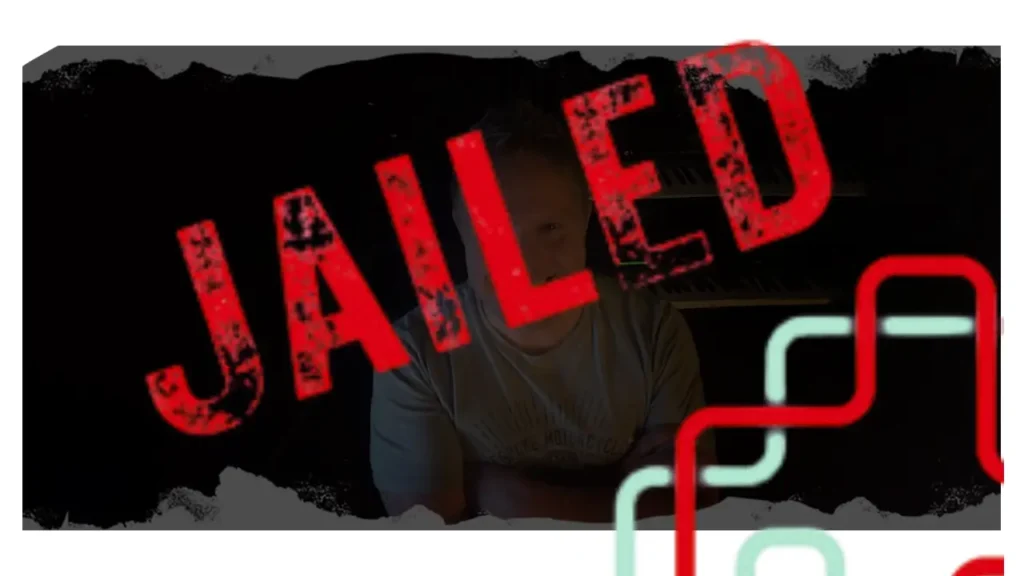
Peter Connelly, a veteran video game composer known for his work on the Tomb Raider franchise, has been sentenced to 16 months in prison after being convicted of fraudulently claiming UK COVID-19 relief funds.
The British government officially announced the sentencing on July 17, following Connelly’s hearing at Durham Crown Court. His case revolved around fraudulent use of the Bounce Back Loan Scheme (BBLS), a pandemic-era financial aid program intended to support small businesses affected by COVID-19.
🎮 Tomb Raider Credited in Court Proceedings
Peter Connelly’s name is closely tied to the Tomb Raider legacy. His contributions span six Lara Croft titles, including Tomb Raider III (1998) and the recent Tomb Raider Remastered Trilogy (2025). The UK government’s press release even cited the iconic series in the context of his conviction, underscoring his long-standing role in the gaming industry.
Despite his professional success—credited on over 60 video game titles across four decades—Connelly defrauded the system by submitting multiple loan applications under false pretenses. At least one application was found to be doubly fraudulent, violating both the rules of the scheme and financial conduct standards.
“Mr. Connelly took advantage of public funds intended to support legitimate businesses during a time of national crisis,” stated an official spokesperson.
⚖️ Legal Outcome
The court handed down a 16-month custodial sentence, and Connelly may face additional penalties depending on asset recovery proceedings. The sentence marks another high-profile case in the UK’s efforts to crack down on COVID-19 loan abuse.
According to the official press release, the government’s Insolvency Service worked closely with prosecutors to investigate and bring the case to justice.
💬 Reactions from the Gaming Community
The conviction has sparked shock and disappointment among fans and industry peers alike. Connelly was long seen as a respected figure in video game audio, and his fall from grace has raised questions about financial ethics within the creative industries.
Though his contributions to gaming remain significant, the fraud case now stands as a cautionary tale in the misuse of emergency aid programs.